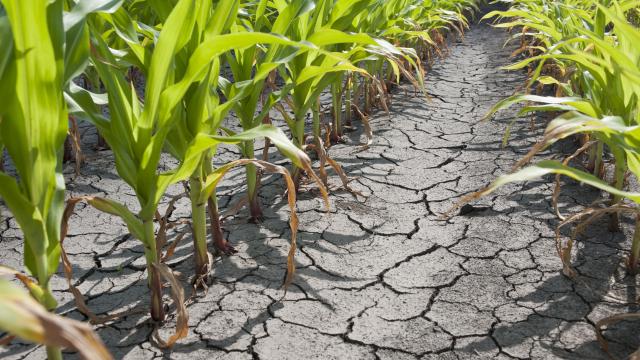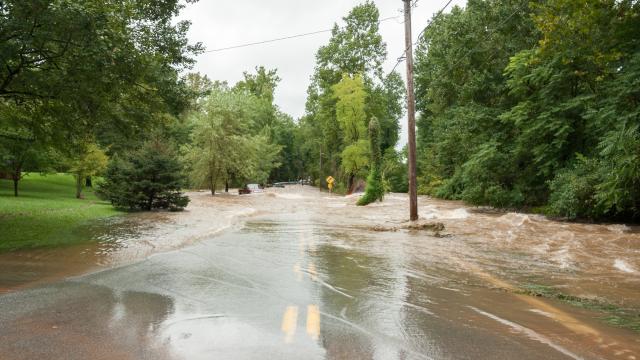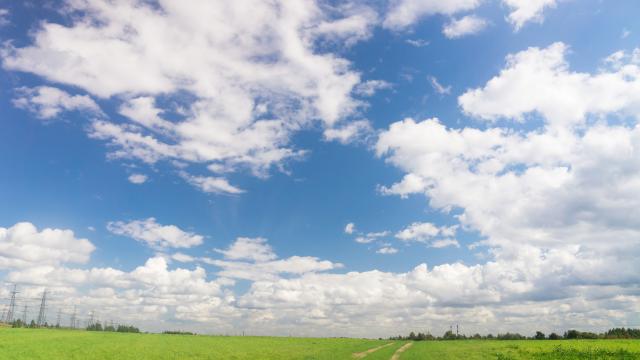Climate and Health
The Climate and Health Program studies how climate change harms people's health in Wisconsin and develops ways to reduce those health impacts with local partners. We also use our research to create strategies, tools, and trainings to help communities adapt to climate change and protect the health and well-being of all Wisconsinites.
Learn more about the link between climate change and health risks, health and safety tips, and the work we do.
Extreme heat
Warm temperatures combined with high humidity can cause heat-related illness and death.
Severe storms
Heavy rains and high winds from tornadoes and severe storms can cause serious health risks.
Winter weather
Winter storms often bring heavy snow, ice, extreme cold, and high winds that can harm your health.
Drought
Dust and particles in the air can cause breathing issues, food insecurity, and a decline in water quality and quantity for drinking, recreation, and industry.
Floods
Know how to prepare before a flood hits, stay safe during a flood, and clean up safely when flood waters recede to protect your health.
Outdoor air quality
Breathing polluted air can cause health problems ranging from watery eyes and cough, to asthma attacks, heart attacks, and stroke.
Infectious diseases
Higher temperatures and more precipitation are bringing new types of ticks and mosquitoes to Wisconsin, spreading new diseases.
Summer health hazards data
A dashboard shows near real-time data for boating injuries, drownings, heat illnesses, and respiratory illnesses from air pollution.
Resources for health and climate professionals
Tools are available to help health, climate and emergency response professionals support and inform patients, clients, and communities
Climate and health videos
Hear the real stories of Wisconsinites impacted by climate change: a farmer impacted by heat, a family impacted by air quality, and a business owner impacted by flooding.
Contact us
For more information, email DHSClimate@dhs.wisconsin.gov or call us at 608-266-1120.











